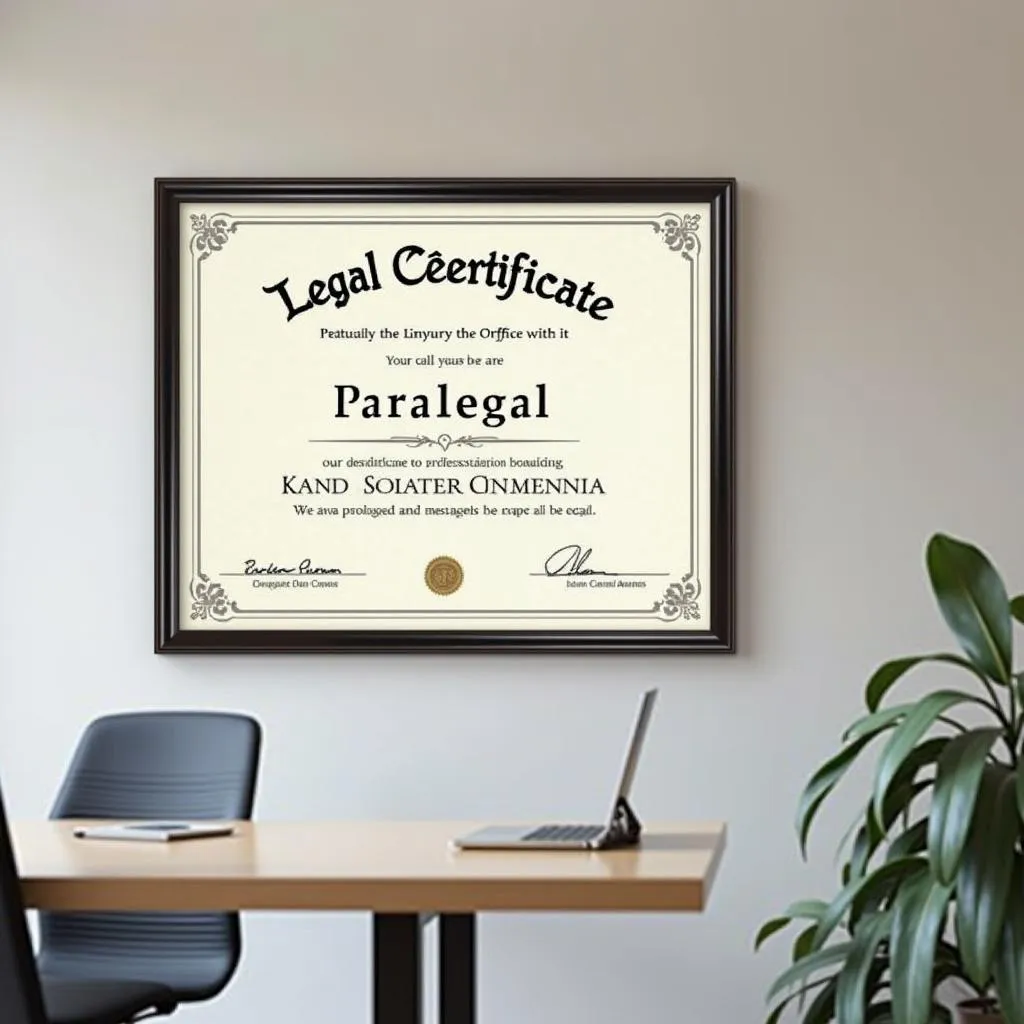Becoming a paralegal in Colorado offers a rewarding career path with promising growth potential. If you have a passion for law and a knack for research and organization, this could be the perfect field for you. This guide provides a comprehensive roadmap to help you navigate the journey of becoming a paralegal in Colorado.
Understanding the Paralegal Profession
Paralegals, also known as legal assistants, play a crucial role in the legal field. While they cannot provide legal advice or represent clients in court, they perform a wide range of tasks to support attorneys in various legal matters.
What Does a Paralegal Do?
Paralegal duties vary depending on the size and type of law firm or organization. However, common responsibilities include:
- Legal Research: Conducting comprehensive legal research using online databases, law libraries, and other resources.
- Document Drafting: Preparing legal documents such as pleadings, motions, contracts, and correspondence.
- Client Communication: Interacting with clients, gathering information, and scheduling appointments.
- Case Management: Organizing case files, managing deadlines, and maintaining calendars.
- Trial Preparation: Assisting attorneys in preparing for trials by gathering evidence, preparing exhibits, and coordinating witnesses.
 Paralegal meticulously reviewing legal documents
Paralegal meticulously reviewing legal documents
Steps to Become a Paralegal in Colorado
While Colorado doesn’t require paralegals to be certified, following these steps can significantly enhance your career prospects:
- Obtain an Associate’s or Bachelor’s Degree: While not mandatory, most employers prefer candidates with an associate’s degree in paralegal studies or a bachelor’s degree in a related field like criminal justice or legal studies.
- Consider a Paralegal Certificate Program: Completing a paralegal certificate program offered by accredited institutions can provide you with specialized knowledge and practical skills.
- Gain Practical Experience: Seek internships or entry-level positions at law firms, government agencies, or corporations to gain valuable experience.
- Seek Professional Development Opportunities: Join professional organizations like the Colorado Association of Paralegals to stay updated on industry trends, network with other professionals, and access continuing education resources.
- Consider Voluntary Certification: While not required in Colorado, obtaining voluntary certification from nationally recognized organizations like the National Association of Legal Assistants (NALA) or the American Alliance of Paralegals, Inc. (AAPI) can demonstrate your competence and commitment to the profession.
 Proudly displayed paralegal certificate signifies professional achievement
Proudly displayed paralegal certificate signifies professional achievement
Essential Skills for Success
Beyond educational qualifications, certain skills are paramount for paralegals to excel in their roles:
- Strong Analytical and Research Abilities: The ability to analyze legal documents, conduct thorough research, and synthesize information effectively is crucial.
- Exceptional Communication Skills: Paralegals must communicate clearly and concisely, both orally and in writing, with clients, attorneys, and other legal professionals.
- Organization and Time Management: Handling multiple tasks, managing deadlines, and maintaining meticulous records are essential for a paralegal’s success.
- Technology Proficiency: Familiarity with legal software, online databases, and case management systems is increasingly important.
- Ethical Conduct and Discretion: Maintaining confidentiality, adhering to ethical guidelines, and exercising discretion are non-negotiable in the legal profession.
Job Outlook and Salary Expectations
The paralegal profession in Colorado is experiencing steady growth, fueled by the increasing complexity of legal matters and the need for cost-effective legal services. According to the U.S. Bureau of Labor Statistics, the median annual salary for paralegals in Colorado is competitive, with potential for higher earnings based on experience, location, and employer.
 An upward-trending graph illustrates the positive career trajectory for paralegals
An upward-trending graph illustrates the positive career trajectory for paralegals
Conclusion
Embarking on a paralegal career in Colorado requires dedication and a passion for the legal field. By pursuing the right education, gaining practical experience, and honing essential skills, you can position yourself for a rewarding and fulfilling career in this dynamic profession.

